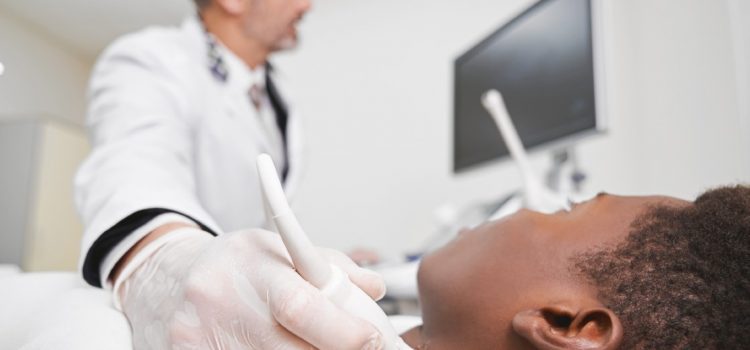Sal D’Allura, DO, FAAFP “It’s lonely being the defendant in a medical malpractice case.” Truer words were never spoken. At some point in our careers, the majority of us will be named in a medical negligence case. The unfortunate reality is that medicolegal issues will arise as a part of our professional lives along with a multitude of negative emotions (which inevitably spill over into our personal lives) when we stand accused. These negative feelings, …
Read More







